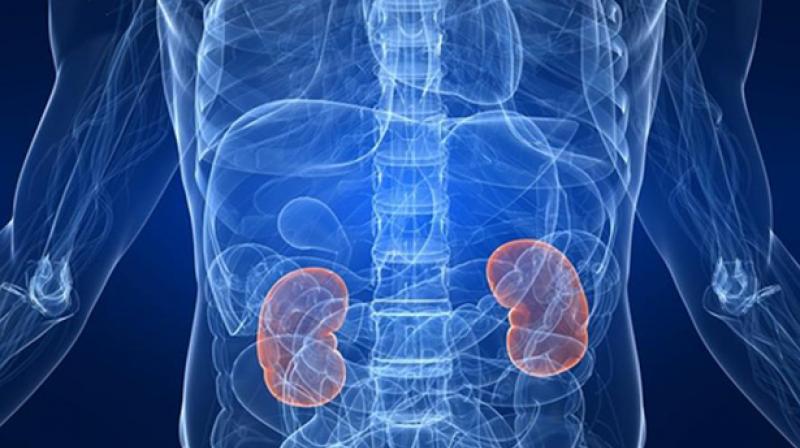Urethroscopy carries a risk of kidney infection
It has been found that the process results in infection due to contamination of the scope.

Hyderabad: Urethroscopy, once considered a sought-after procedure for the removal of kidney stones from the urethra, is now found to have a drawback — infection. It has been found that the process results in infection due to contamination of the scope, according to an observation by the Association of Professionals in Infection Control and Epidemiology.
The doctors studied more than 1,000 cases over a period of three years and have found that urethroscopy procedures are linked to urinary tract infections in the bladder. Urethroscopes are used for removing kidney stones via the urinary tract, and despite cleaning and high level disinfection or sterilisation, there have still been small microbes causing contamination.
Dr Pradeep Deshpande, senior nephrologist, said, “The contamination is from the number of times it is used. If there is a proper window period and protocol followed, there will be no infection. Hence the cleaning, sterilisation and later sustaining the fluid disinfectant must be properly maintained. When these are followed, the chances of infection are reduced.”
Yet, the study found that in some cases, despite the protocols being followed strictly, there have been unexpected failures. Like there have been remains of protein, haemoglobin and foamy residues which are a major cause of concern. Dr P Sunita, microbiologist at Nizam’s Institute of Medical Sciences, said, “Merely washing and manually cleaning equipment is not enough. It has to be sterilised and each and every one of them has to be checked. Often, while handling the equipment or transporting it to the laboratory, staff mix it with those of other departments and that leads to transfer of contaminants from one to the other.”
Sterilisation eradicates all viable microbes and microbial cultures from the instruments and it must be carried out zealously. But it has also been found that sterilisation does not work if the scopes are not cleaned manually. Another senior doctor said, “Often, if the patient load is high and all the equipment has been put to use, there have been instances of merely washing and reusing it. This is where the infections get transferred. Hence the laboratory staff has to be very clear what equipment is available for use in a day.”

